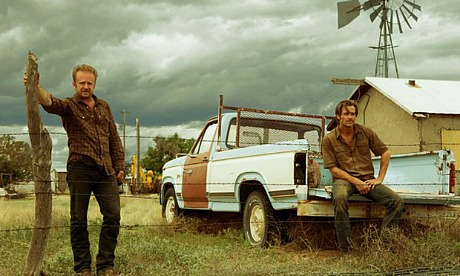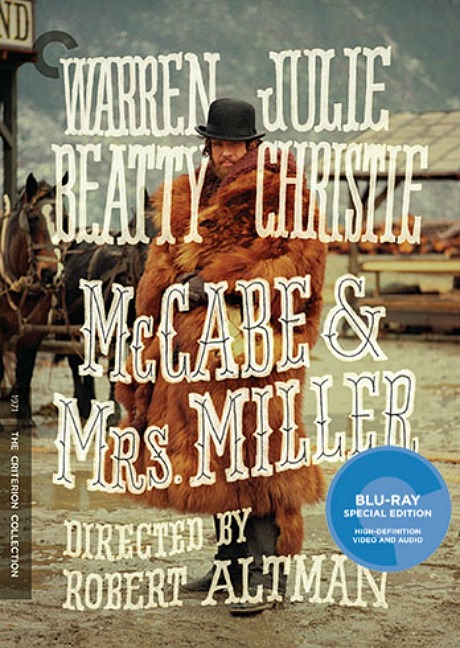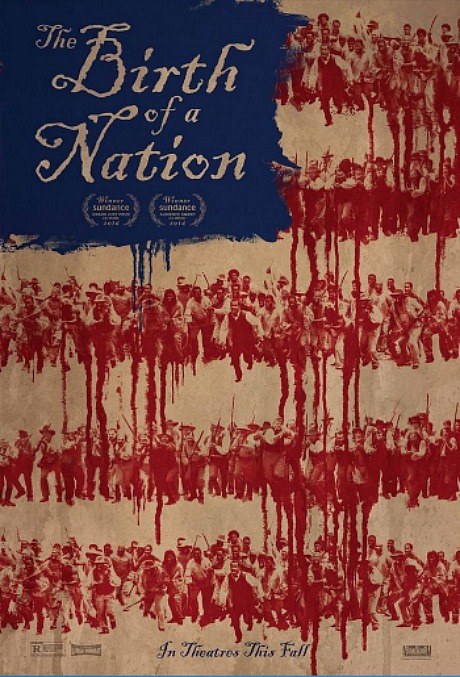The words that best describe Xavier Dolan‘s It’s Only The End of The World, which I just saw, are “infuriating” and “arrogant.” It’s safe to call it the worst film of the 2016 Cannes Film Festival thus far.
The 97-minute parlor drama is about a successful 34 year-old writer named Louis (Gaspar Ulliel) who announces at the very beginning through voice-over narration that he’s dying and is on his way home to tell his family, whom he’s avoided seeing for 12 years. Except when he gets there he can’t bring himself to break the news, and in fact is unable to say much of anything. He can’t even throw out bon mots or witty conversation. Nothing.
Louis is either wimping out or so full of loathing for this suburban brood (played by Nathalie Baye, Marion Cotillard, Lea Seydoux and Vincent Cassel) that the words just won’t come.
And so we, the audience, are trapped in hell as he stares at his mother (Baye), brother (Cassel), sister (Cotillard) and sister-in-law (Seydoux) and listens to them rant about their anger and frustrations and sense of entrapment. And then he stares a bit more and listens a bit more and sweats and continues to stare, his eyes all glistening from the feeling. And then he throws up out of sickness (or possibly from anxiety) when he’s alone in the bathroom.
In short Louis seems to be trying to divulge his situation but lacks the courage or conviction. He’s so consumed by the enormity of what he needs to say that he can’t say it.






